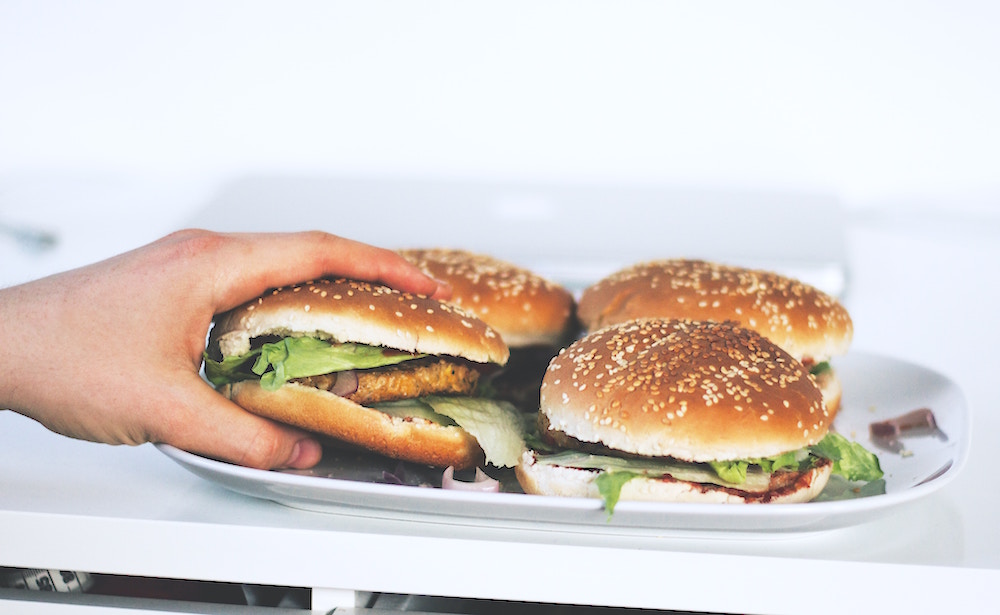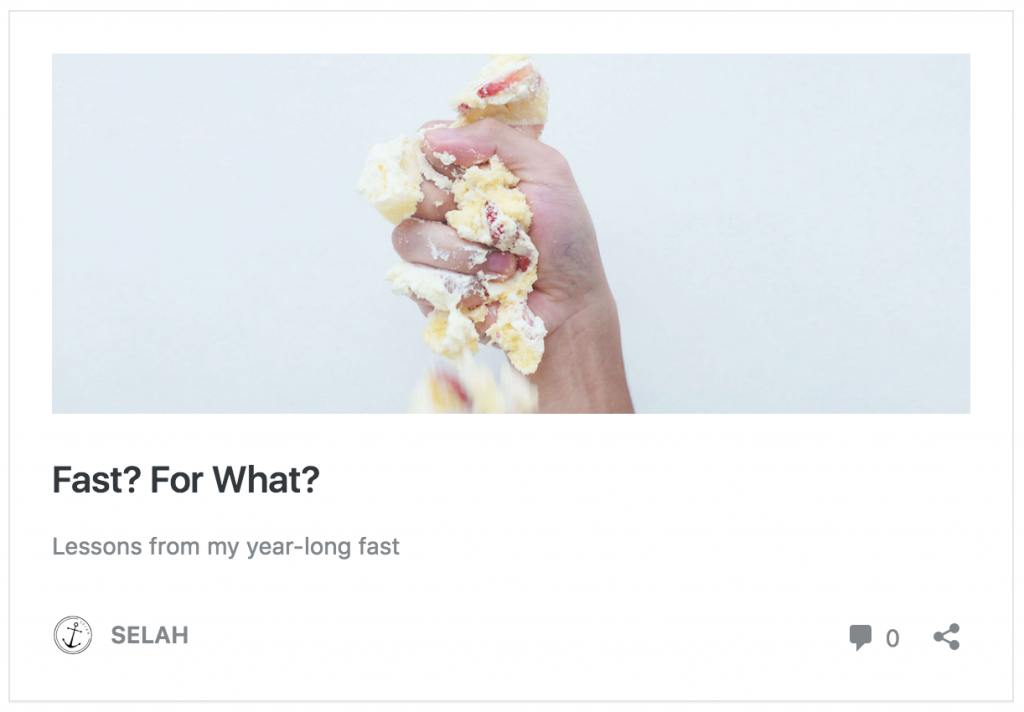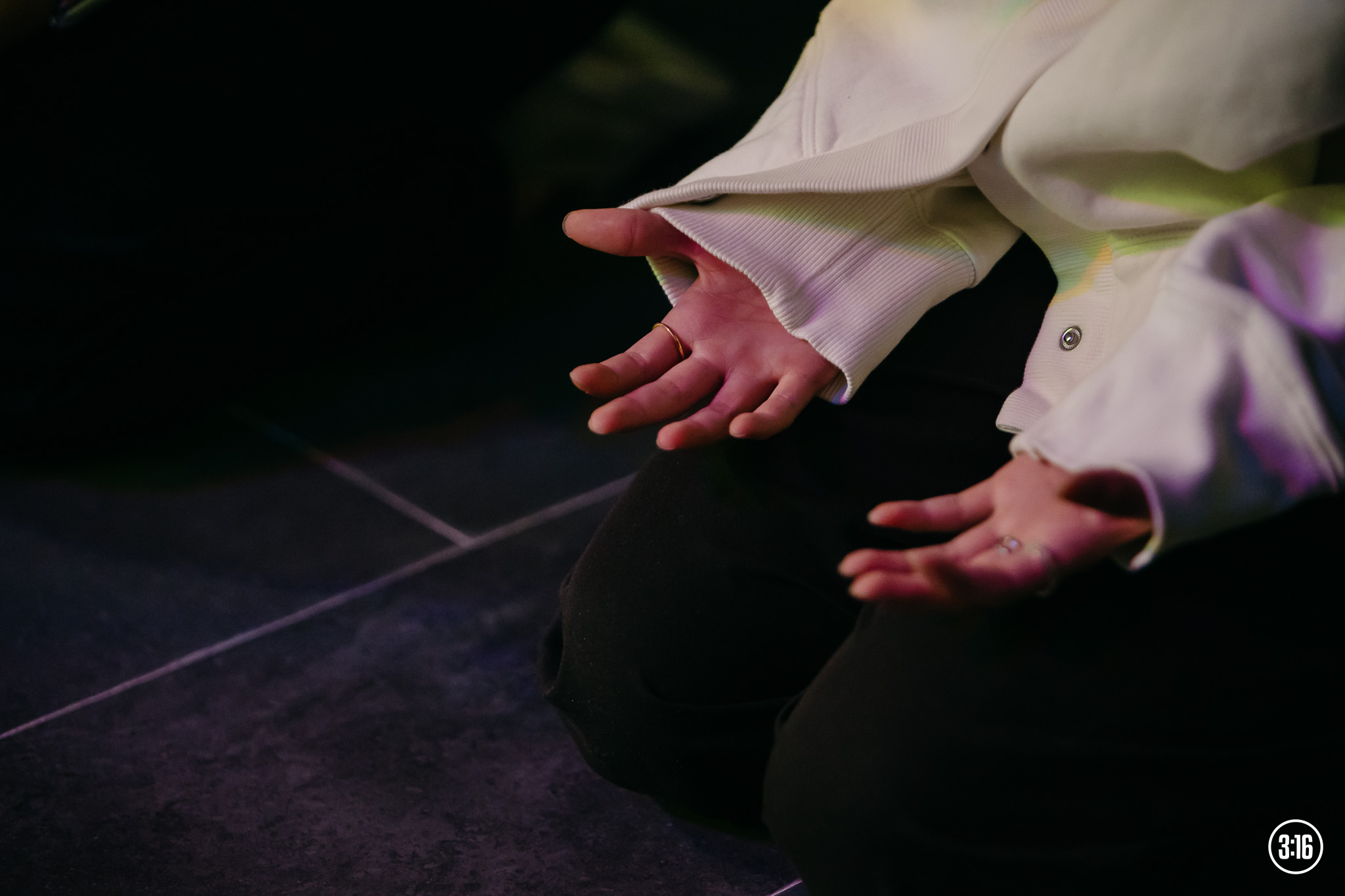“Why don’t you try fasting from food this year?” My team asked during one of our editorial meetings. “Then you can write about it when you live to tell the tale.”
It was inevitable, working in a Christian environment, that my lack of fasting experience would catch up with me sooner or later.
I’d done my first full 40-day non-food fast last year, which possibly changed the way I used social media forever as a coping device for my discomfort with solitude… But now the question was: What’s next?
The fasting challenge didn’t even come during the 40-day fast and pray season (July 1–August 9, 2018), but before. I’d been having some increasingly serious health issues that worried everyone who heard about them – and a few of them were adamant that it was time to fast and pray.
Knowing the words of Jesus in Mark 9:29, spoken when the disciples were unable to heal a demon-possessed boy: “This kind can come out by nothing but prayer and fasting” – I know fasting isn’t just a “nice to have” in the Bible. Even Jesus fasted for 40 days before the start of His ministry (Matthew 4:2).
Not all translations of the Mark 9:29 text include “fasting” (just “praying”), which starts all sorts of biblical debates – but the essence we can take away is this: Fasting adds something to prayer that elevates our spiritual connection to the presence of God.
So what exactly was that “something”? I’d have to fast to find out.

I might as well do a TL;DR now: I didn’t make it through the whole 40 days of the fast and pray season, which ends on National Day.
This is briefly how it went over the past 6 weeks.
Week 1: “I am so hungry, but we can do this.”
Week 2: “Maybe I should take a ‘fasting Sabbath’ on the weekends.”
Week 3: “I have intense filming days, perhaps I should fast at night.”
Week 4: “I’m sick, I should go easy on the fasting.”
Week 5: “I don’t think I’ll be fasting anymore.”
Week 6: “Maybe next year we’ll try again.”
But no experience is wasted, not even a failed first attempt. And as much as I’m definitely no expert in fasting or the theology of fasting, here’s 3 things that surfaced for me through the hungry hours.
1. MAN DOES NOT LIVE BY BREAD ALONE
Truth be told, I could live on bread alone – literally. I was never keen on fasting from food because I really do love my food and the social activity that surrounds eating for me as an extrovert.
But when Jesus quoted Moses in Deuteronomy 8:3: “Man does not live by bread alone, but by every word that comes from the mouth of the Lord”, He reminds us that we are not just physical beings, but very much spiritual ones too.
For every spiritual meal I skip, my spirit actually experiences this same hunger, whether I consciously feel it or not.
I started realising how little I actually needed food to live – once I chose to set aside any solid food until 6pm every day, my body didn’t protest as violently as I’d imagined. In fact, there was a certain ease I could sense inside, that something greater was keeping me going through the day despite the lack of food.
Even after many years of being a Christian, it was still an awakening to see so clearly through fasting how spiritual hunger looked like – parallel to physical hunger – and to realise that for every spiritual meal I skipped, my spirit actually experienced this same emptiness, whether I consciously felt it or not.
Just imagine what spiritual hangriness manifests itself as, in us. (Probably not too different from actual hangriness I’m guessing.)
2. HUNGER WHETS YOUR SPIRITUAL APPETITE
Fasting became a bit like Pavlov’s dog experiment for me. Every time I felt hunger pangs, I’d pray instead of look for food. And it taught me that every kind of physical or emotional appetite could be tied back to my spiritual one, if I intentionally conditioned myself through constant practice.
You see, fasting isn’t going without food to please God or win brownie points with Him. It’s an intentional focus on the spiritual being that I am.
Extended hunger got me hungry for God’s intervention in the various struggles of life, praying with desperation, almost, for Him to fill the emptiness.
Just as God let the Israelites hunger so that He could be the one to feed them (Deuteronomy 8:3), I allow myself to hunger so that my inner man is constantly crying out to be fed by the only One who satisfies.
Extended hunger, then, gradually becomes a stirring of the spiritual appetite. It got me hungry for God’s intervention in the various struggles of life, praying with desperation, almost, for Him to fill the emptiness reverberating in my physical, emotional and spiritual being.
I know it’s called a fast, but what it really allows us to do is slow down to digest what the Spirit is saying to us. Fasting creates space – not just tummy space or head space – but heart space for us to invite God in to move and feed the starving parts of our soul.
3. PHYSICAL WEAKNESS, SPIRITUAL STRENGTH
Although I should have been way more disciplined with the fasting, I noticed a strange phenomenon immediately after I’d skipped a day or two and chosen to have all my meals: I felt weak on the inside. It was as if my appetites had been reversed, and my spiritual one had become the more salient one.
Yes, I was no longer hungry on the outside, but just as Daniel proved when he grew healthier than his contemporaries while living off vegetables and water instead of rich food and wine (Daniel 1:8-16), fasting is very much spiritual feasting.
Our spiritual hunger can thus be felt that much more after the season of extended feasting ends. (That’s if you’re not just skipping a meal, but replacing your eating time with more “God time”.)
I observed a spiritual spike in my attunement to God’s voice, like I’d tapped into a much clearer channel on the divine network.
So what fasting had done, even over a short span of time, was redirect all that energy and attention to my spiritual muscles, such that even as I felt slightly weaker from a reduced calorie intake, I’d never felt more well-fed or stronger internally. And this peace within definitely radiates outwards.
I honestly could observe a spiritual spike in my attunement to God’s voice, like I’d tapped into a much clearer channel on the divine network. It was like I’d stepped closer into the heart of God, a place of consciousness where I could hear His thoughts that much louder, that much faster.

But all this meant nothing once I started losing focus of the true reasons for fasting and let it slip into an obligatory “here-we-go-again”, “I-need-to-just-last-till-6pm”, don’t-tempt-me-I’m-fasting” mode.
As we can observe in Isaiah 58:5-6, fasting according to God isn’t about suffering but submitting ourselves to Him. We’re setting aside a whole season to intentionally untangle ourselves from the pull of our humanly appetites so that we don’t live at the mercy of their intensity, but under God’s authority alone.
“Is not this the fast that I choose: to loose the bonds of wickedness, to undo the straps of the yoke, to let the oppressed go free, and to break every yoke?” (Isaiah 68:6)
If we focus on the methods and technicalities – and so easily, then, the hunger in our bellies – we’re not contending for freedom from the bonds of sin, loosening the grasp of brokenness on our lives or breaking the yoke of slavery to our carnal nature.
We’re not fasting at this point, guys – we’re on a diet.
We’re so weak compared to our earthly inclinations to sin, and we need so much of God to sustain us.
With diets, we’re exercising sheer willpower to refrain from feeding our natural desires; but in a fast, we’re relying on more than willpower: We’re remembering we are dust; we’re so weak compared to our earthly inclinations to sin, and we need so much of God to sustain us — more than we could ever ask for or imagine (Ephesians 3:20).
And that might have been why I gave up so quickly: My capacity for God is still so small. My being didn’t completely feel its desperate need for Him like my body craved food and water.
But here’s the happy ending to this story: My food-fasting journey has finally begun.
This year’s 40-day prayer and fasting season is from July 1–August 9, 2019. If you’d like to be part of this nation-wide initiative, download a copy of the 40-day prayer guide.










